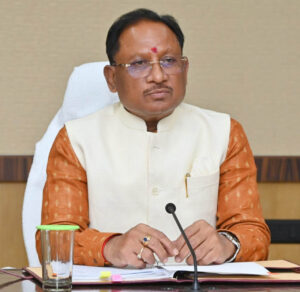New Delhi, December 30, 2024: Former Judge of the Supreme Court Justice V Ramasubramanian today assumed the charge of the Chairperson and Justice (Dr.) Bidyut Ranjan Sarangi as the Member of the National Human Rights Commission, (NHRC) India.
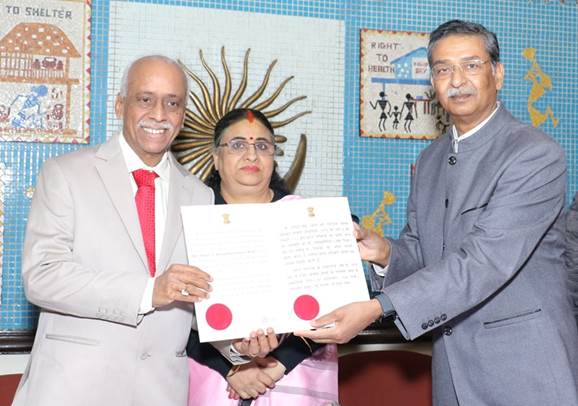
Priyank Kanoongo joined the Commission as a Member last week.
They were appointed by President Draupadi Murmu on 21st December 2024.
Vijaya Bharathi Sayani, Acting Chairperson, Secretary General, Bharat Lal and other senior officers and staff of the Commission were present on the occasion.
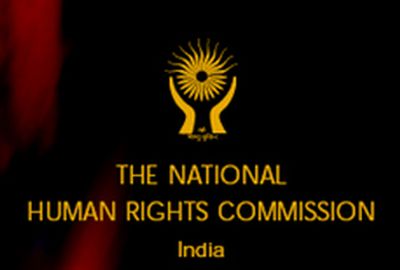
Addressing the gathering, Justice V. Ramasubramanian highlighted India’s ancient tradition of valuing and practising human rights, even before the concept became globally recognized. Citing the Tamil poet Thiruvalluvar, he emphasized that human rights are deeply embedded in India’s cultural fabric. He also stressed that promoting and protecting human rights requires a collaborative effort among various stakeholders.
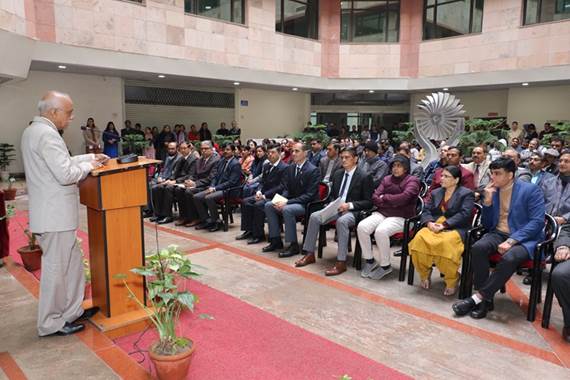
Born on June 30, 1958, in Mannargudi, Tamil Nadu, Justice Ramasubramanian is a distinguished former judge of the Supreme Court. He completed his B.Sc. in Chemistry from Ramakrishna Mission Vivekananda College, Chennai, and later pursued law at the Madras Law College. He was enrolled as a member of the Bar on February 16, 1983, and practised for 23 years in the Madras High Court. Justice Ramasubramanian served as an Additional Judge of the Madras High Court in 2006 and was made a permanent judge in 2009. He was transferred to the High Court of Telangana and Andhra Pradesh in 2016, and after bifurcation, continued his tenure in the Telangana High Court.
In 2019, he was appointed Chief Justice of the Himachal Pradesh High Court and, later that year, became a Judge of the Supreme Court of India. He retired from the Supreme Court on June 29, 2023, after authoring 102 judgments, including the cases such as the 2016 Demonetization policy and matters involving the validity of circumstantial evidence in bribery cases.
Justice (Dr.) Bidyut Ranjan Sarangi, born on July 20, 1962, in Nayagarh district, Odisha, is an eminent jurist known for his contributions to Indian law. He holds an LL.B. and LL.M. from M.S. Law College, Cuttack, and a Ph.D. in Law from Sambalpur University.
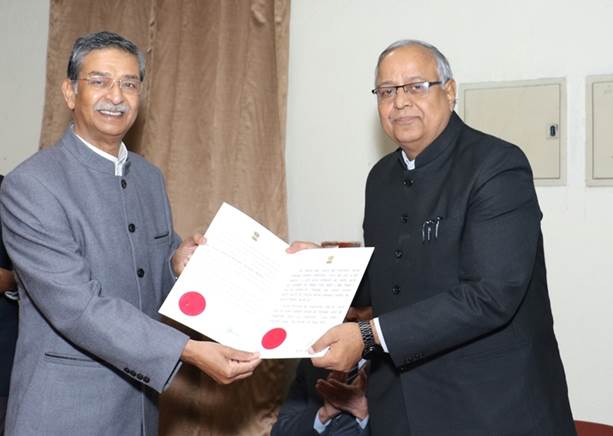
Justice Sarangi began his legal career in 1985, practising in civil, criminal, constitutional, and administrative law for over 27 years. He was awarded the prestigious “Haricharan Mukherjee Memorial Award” with a Gold Medal in 2002 for his exceptional performance.
On June 20, 2013, he was appointed as a Permanent Judge of the Orissa High Court, where he disposed of over 152,000 cases and authored nearly 1,500 judgments. In July 2024, he became the Chief Justice of the Jharkhand High Court. Justice Sarangi has contributed to various legal and administrative committees, including the Odisha State Legal Services Authority and the Juvenile Justice Committee, and is an active member of several national and international legal organizations.
Priyank Kanoongo, a native of Vidisha, Madhya Pradesh, holds a B.Sc. in Microbiology and has been a dedicated advocate for child rights and education in India. He served as Chairperson of the National Commission for Protection of Child Rights (NCPCR) for two terms from 2018 to 2024.
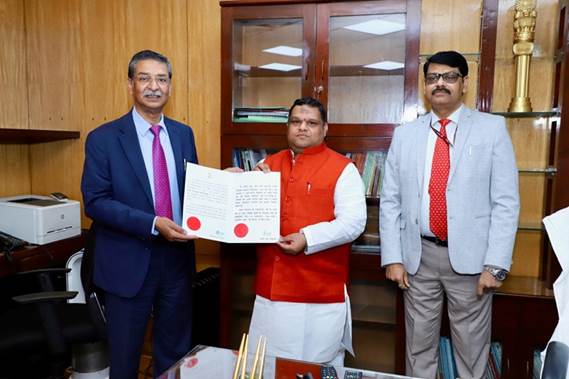
During his tenure, Kanoongo emphasized the need for child welfare systems tailored to India’s unique cultural context, advocating for “Indian solutions to Indian problems” rather than adopting foreign models. He authored the book Pinjra-The Cage, which comprehensively explores the lives of children in care institutions.
Under his leadership, NCPCR launched several initiatives to protect children’s rights, including regulating OTT platforms to safeguard children from inappropriate content. He also introduced multiple portals to improve stakeholders’ engagement and resolved over 100,000 complaints during his tenure.
More Stories
Centre appreciates remarkable progress made by India Meteorological Department
The Centre today appreciated the remarkable progress made by the India Meteorological Department (IMD) towards developing indigenous, technology-driven, and citizen-centric weather forecasting systems that strengthen disaster preparedness and enhance public safety across the country.
Attack on Senior PR Dept Official in Office; people condemned the incident
In a serious incident, couple of people today attacked a senior Public Relations official of the Chhattisgarh Government when he was performing his duty at Samvad.
Sushma Sawant New Principal Secretary Law of Chhattisgarh
Chhattisgarh Government today appointed Sushma Sawant as the new Principal Secretary Law and Legislative Affairs.
Farmer registration on Agristack portal mandatory for paddy procurement; Registration open till October 31
Chhattisgarh government today clarified that registration on the Agristack portal is mandatory for farmers to purchase paddy at the support price in the Kharif marketing year 2025-26.
3-Day programme in districts on Chhattisgarh Foundation Day; With theme of 25 Years of Development Journey
The Chhattisgarh government has decided to organise three-day programmes in all district headquarters on the occasion of Silver Jubilee function of the Chhattisgarh Foundation Day, similar to last year.
Chief Minister Sai discusses ISRO scientists to enhance Chhattisgarh’s participation in ISRO’s journey
Chhattisgarh Chief Minister Vishnu Dev Sai said today that his government is encouraging innovation and technical education so that the state’s youth can develop an interest in space science and actively participate in the country’s space missions.


